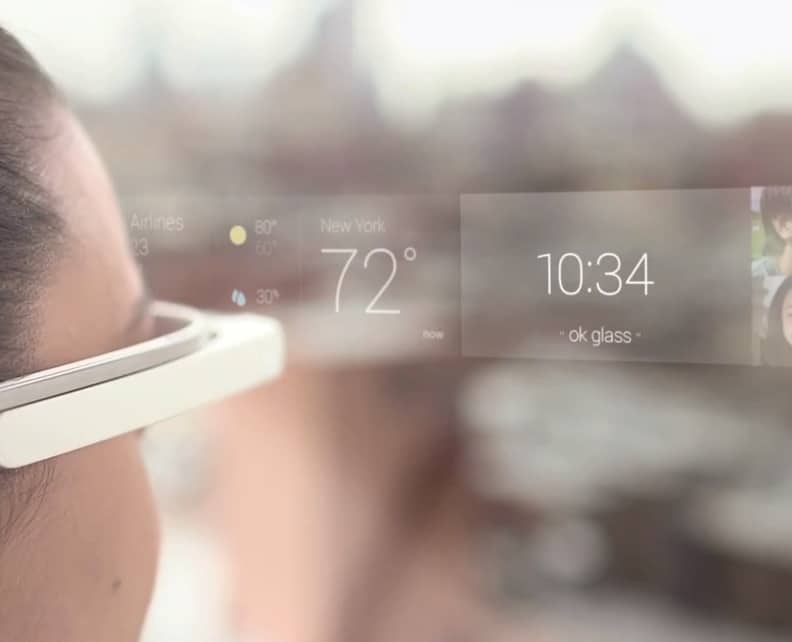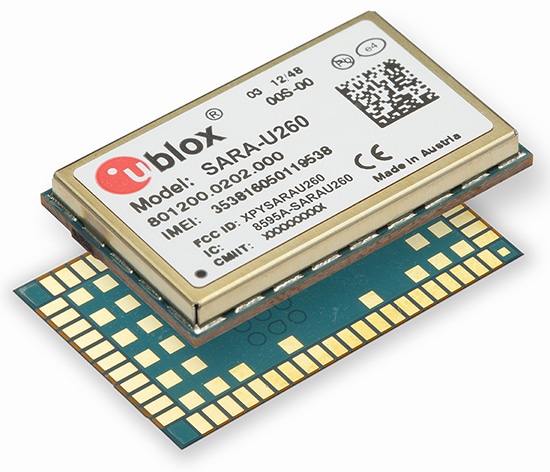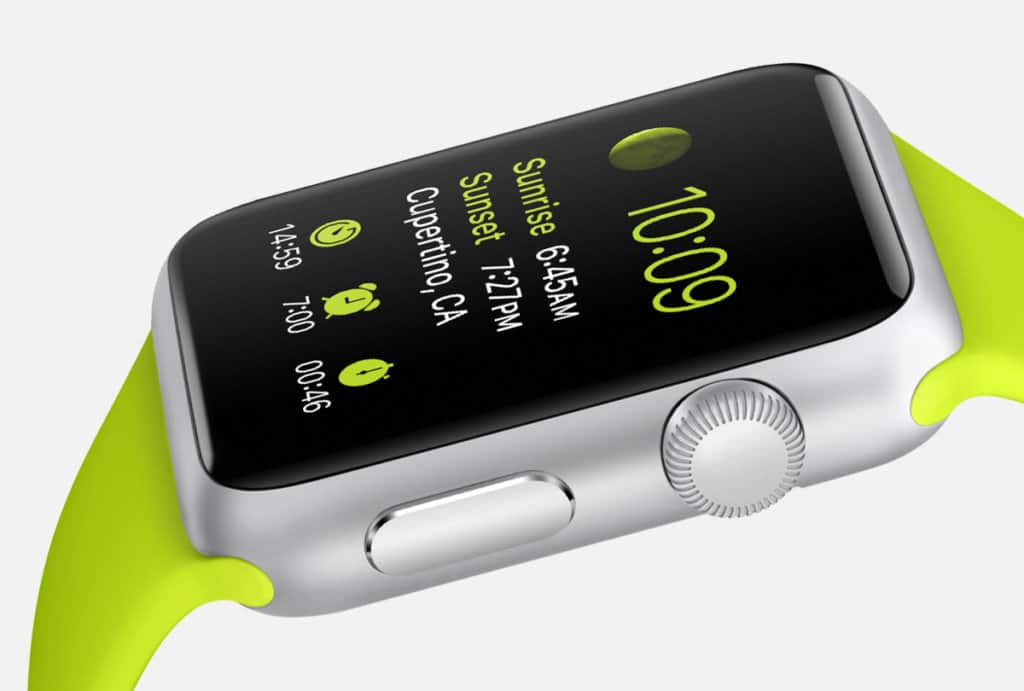The blog TechBitzz has an interesting write-up from Wednesday on electronics giant Lenovo’s partnership with a 35 person New York City based start-up, Vuzix to create an enterprise-ready equivalent to Google Glass. Vuzix was known as a maker of mounted video eyewear and launched its own smart glasses in December 2013. Earlier in 2014, the two companies struck a deal to have Lenovo sell Vuzix’s M100 as a co-brand. The glasses will run Google’s Android operating system – nothing new there. But what is different is Lenovo and Vuzix’ plans for marketing the device. Rather than target the (small) fan boy and early adopter consumer market, the two companies are focusing on business customers as a natural home for connected wearables like ‘smart’ glasses. Read more Security Ledger coverage of wearables here. Lenovo, it seems, is taking a decidedly less utopian view of wearables – seeing them as a natural replacement for its bulky laptops, […]
fitness
3G Module Just 26mm Wide OK’d by AT&T| ITworld
Steve Lawson at IDG News Service has an interesting article that notes AT&T’s certification of the U-blox SARA-U260 model, which is dubbed “the world’s smallest 3G module.” The 16 x 26 millimeter device is seen as a harbinger of the kind of low power device that will greatly expand the Internet of Things. The SARA-U260 is designed to transmit small amounts of data over 3G networks and could enable a new generation of even smaller and smarter devices – from Smartmeters to wearable technology to connected cars. The U260 has features that support applications from voice calling to auto industry telematics to retail point-of-sale terminals and handheld devices, according to U-blox. It uses A-GPS (Assisted Global Positioning System) and a technology called CellLocate that uses nearby cellular towers to triangulate a location in situations where GPS isn’t available. 3G and 2G networks are being replaced by 4G and even 5G networks for most consumer smart phones. But the technology still works great […]
Apple’s Platform for Wellness Arrives | Life as a Healthcare CIO
John Halamka, the CIO of Beth Israel Deaconness Medical Center in Boston has an interesting post on his blog about Apple’s big unveiling yesterday and its implications for connected health applications. With the image of naked Jennifer Lawrence still fresh in our minds, Halamka points out that Apple is taking steps to make sure no such slip-ups happen in the context of protected health information – a promising new market for wearable technology. As Halamka sees it, we’re on the cusp of revolution that will see the consumerization of what he calls “healthcare middleware.” That refers to software and services, like Apple’s recently announced HealthKit, that aggregates data about your body from multiple sensors in your clothing, your body and environment. Unlike the nude selfies that recently made the rounds online, however, health data is protected by Federal legislation – HIPAA. For that reason, Apple keeps that data local to the mobile […]
ARM Eyes Role as Supplier to the Internet of Things
Writing for Fortune this week, Katherine Noyes has an interesting piece that looks at how ARM is looking to parlay its success in the mobile phone market into a dominant role as a supplier for the Internet of Things (IoT). “There’s a real opportunity here,” Noyes quotes Ian Ferguson, ARM’s vice president of segment marketing saying. AMD licenses designs to silicon makers like Qualcomm and AMD. Already, some of those designs are showing up in IoT products like fitness bands. That could expand – and mobile phones are the management interface for many IoT products, which also stokes ARM’s business. But the company thinks the real opportunity lies in commercial technology for verticals like infrastructure (smart cities), manufacturing and oil and gas exploration. “You’ve got highly valued assets, so preventative mechanical services can help improve efficiency by detecting problems before they break down,” Ferguson said. ARM acquired Sensinode Oy in August, 2013. Sensinode pioneered software and […]
FDA: Regulators Can’t Scale To Police Mobile Health Apps
A senior advisor to the U.S. Food and Drug Administration (FDA) tossed cold water on speculation that the Agency might try to police mobile health and wellness applications, saying the FDA couldn’t possibly scale up to meet the challenge of policing the hundreds of new apps appearing every month. Correction: The article was changed to clarify Mr. Patel’s comments. He was not responding to a direct question about the FDA setting up an office to regulate mobile health applications. He was commenting on the possibility of creating a platform to evaluate and rate mobile health applications. Also, he said “It’s not do-able,” not “it’s not possible.” We apologize for any confusion created by the article. – PFR July 10, 2014. The sheer pace of innovation in the mobile health application space and the numbers of such applications already available on mobile marketplaces like the iTunes App Store and Google Play mean that many mobile health applications will escape scrutiny by federal […]




